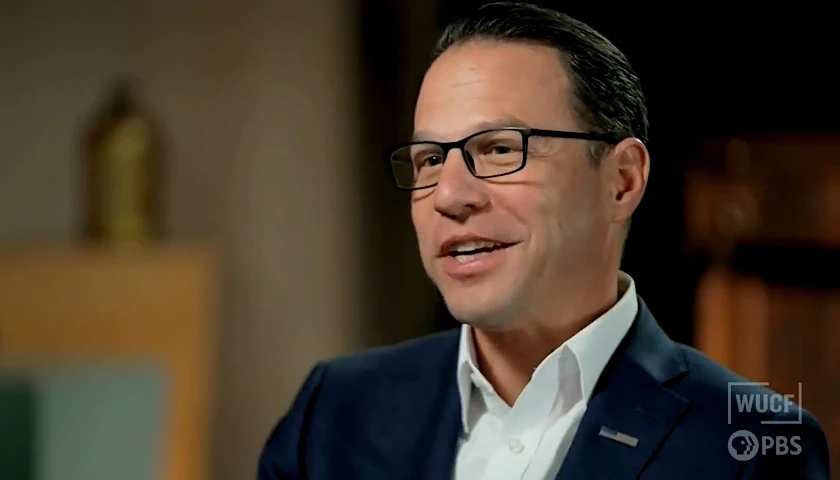Pennsylvania’s House of Representatives this week passed legislation raising the state minimum wage to $15 per hour by 2026 and permanently indexing it to inflation going forward.
Currently, the Keystone State mandates $7.25 in minimum hourly pay for most workers. If the bill passes the state senate, it will receive the supportive Democratic Governor Josh Shapiro’s signature and become law. The measure, sponsored by State Representative Jason Dawkins (D-Philadelphia), will move the low-end wage to $11 per hour next January and $13 per hour the following January before bringing it to $15 the year after.
Democrats, who control the house, voiced elation at the increase’s passage.
“We’re excited because we know that there’s a whole group of people whose hands get dirty, who are tired, who are working multiple jobs and have been waiting for today to occur here in the House when they know that help is on the way from this Democratic team,” State Representative Dan Miller (D-Mt. Lebanon) said after the vote. “That’s what we’re doing from the start to the finish. If you are a working person in this state, if the soles of your feet are sore, if your hands are tired and beat up from that day at work and you’ve been looking for help, we are here for you and we’re not done yet!”
Miller said he and his fellow Democrats will continue to clamor for the bill to get through the GOP-run senate. While the legislation’s chances in that chamber may have seemed slim earlier, senate Policy Chairman Dan Laughlin (R-Erie) introduced a bill to raise the minimum wage to $15 an hour this spring. Some policy experts anticipate bipartisan support for the bill could arise out of a deal to enact regulatory reform.
Conservative analysts and Republican lawmakers blasted the house’s move to more than double the wage floor as likely to cost jobs, mainly positions held by teenagers working for the first time. Opponents of a wage-floor increase also recalled a Pennsylvania Minimum Wage Advisory Board report suggesting that less than two percent of the Keystone State’s workforce (about 63,000 workers) earned $7.25 per hour or less in 2021. That figure has become even smaller as wages climbed over the last two years.
Some also observed that Pennsylvania’s nonpartisan Independent Fiscal Office found an increase in the minimum wage even to $12 per hour would lead businesses to pass 65 of the costs onto consumers, a sobering proposition as inflation rages.
“The fact of the matter is 99% of workers make more than the minimum wage,” Pennsylvania House Freedom Caucus Chair Dawn Keefer (R-Dillsburg) said in a statement. “There have been numerous myths parroted by House Democrats and their allies as they push through their plan to artificially set wages for workers. The bottom line is the bill would only harm Pennsylvanians.”
Her colleague State Representative Joe D’Orsie (R-Manchester) echoed her concern, citing figures indicating that over two-thirds of employees earning the minimum wage live in households with a yearly family income of at least $75,000.
“This session Democrats have proven their affinity for legislating on emotion and feel-good talking points, but facts and data should carry the day,” he said. “To the detriment of hard-working Pennsylvanians, the facts tell a completely different story, and that is that this legislation, if enacted into law, will cost our economy jobs and tax revenue.”
Keefer and D’Orsie expressed similar aversion toward a provision in the bill to hike the tipped minimum wage from $2.83 to $ 9 per hour. Servers, they pointed out, presently earn $27 per hour on average.
Two Bucks County Republican State Representatives, Joe Hogan (R-Feasterville) and K.C. Tomlinson (R-Bensalem), were the only members of their party to back Dawkins’s legislation. State Representative Frank Burns (D-Johnstown) stood alone in the Democratic caucus against the bill.
– – –
Bradley Vasoli is managing editor of The Pennsylvania Daily Star. Follow Brad on Twitter at @BVasoli. Email tips to [email protected].





